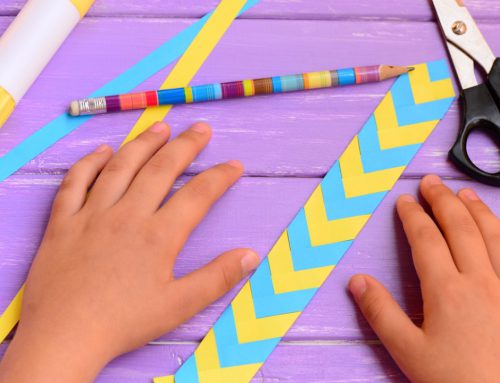Chores and Manners

In addition to assisting parents around the house, teaching your child about chores and manners is an easy way to begin giving him or her responsibilities at an early age. Chores and manners for kids also make the child feel like he or she is contributing to the household, and feeling needed can be important in development.
It should be noted that your child is probably more capable than you think – that is, do not assume they are too young for chores. They may not perform them perfectly, but they will eventually learn how to do them and will, in the meantime, learn responsibilities. Remaining consistent is also essential – if you ask them to set the table some days, but do it yourself on the other days, it seems like an option to your child – they have noticed that if they do not set the table, mom or dad will do it instead, and they thus may be less likely to cooperate. Praise is another factor, as constant and immediate encouragement will reinforce positive behavior.
Chore system that works
It is important to find a chore system that works. There are many different ways to assign chores and ensure that your child follows through with them. Something that worked well in my house growing up is a chore chart – essentially a piece of paper someone drew a calendar on that was set up in the kitchen for easy access. For each day on the calendar, my mom wrote down chores that needed completing – for example, feeding the dogs, emptying the dishwasher, setting the table – and left room at the bottom for extra items. The child that completed the chore would initial next to it, and our weekly allowance was determined by how many initials we had on the chart. The allowance we earned each week became leverage, as it was easily taken away through backchat or swearing. Monetary reinforcement is better for the older kids, while extra television, dessert, or staying up slightly past bedtime may serve as appropriate prizes for younger children.
Remember to keep the chore age-appropriate list. For example, a 2 or 3-year-old is responsible for putting their toys away, while a 4 or 5-year-old can make their bed, water flowers, or unload the dishwasher; a child who is 6 or 7 can sort the laundry and sweep the floors, and a child of 8 or 9 can help make dinner. Start assigning chores at a young age, even if they are simple, as they help establish a routine and let the child know they are helping out.
Holding your child to mature chore standards will encourage them to have mature manners as well. Please’s and thank you’s are essential, as is general kindness to others and respect of their elders – including mom and dad! Their behavior can be regulated by adding or taking away a reward (TV time or staying up later for younger children, money for older kids). Chores and manners are intertwined at a young age.
(Please tell my parents that it worked! :))
Related article from our blog: Phone Etiquette for Children, New Year’s Resolutions for Kids








